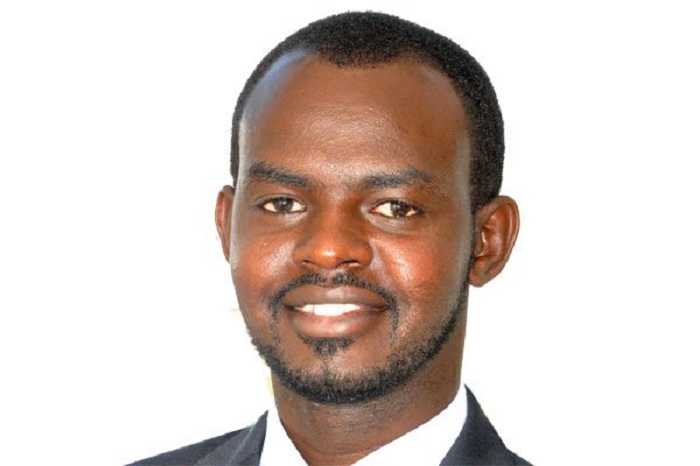The government has made great strides in connecting homesteads and increasing access to electricity and power across the country. However, despite all its efforts, more 30 million Ugandans still go to sleep every night without power.
According to the Power Africa Energy 2018 report, Uganda’s current overall electricity access rate is at 22%; with rural access at 12% and urban access at 52%.
The government is actively focusing on boosting the electrification rate with heavy investment in rural electrification initiatives and other alternative sources of energy outside hydro power as we await the official delivery of the new hydropower projects, including the Isimba and Karuma dams expected to be completed next year. The two projects will add about 800 MW to Uganda’s national grid.
While this will increase electricity access to Ugandans who are off grid, the high cost of electricity continues to impede access to power, especially for those in the rural areas with limited resources to afford the cost of electricity. These end up opting for more affordable sources of energy like Kerosene and other solid fuels. There has been a lot of interventions from the independent off-grid solar local, regional and global players coming in to bridge the gap through providing affordable solutions to cater for this untapped market.
These are either sector impact players or companies selling affordable solar power products ranging from simple lanterns to small medium or large solar home pay-as-you-go systems.
According to the 2018 Global Off-grid Solar Market Trends report by Gogla/IFC, the Global Off Grid Solar industry is growing fast and it is estimated that 130 million off-grid solar products have been sold globally since 2010.
In 2016, the most recent year for which complete data is available, total sales of solar solutions amounted to over 30 million devices, generating an estimated US $1bn in revenue. Sales growth of smaller devices are stabilizing, while larger systems have witnessed explosive growth of over 85 per cent annually since 2014.
This has been driven largely by Off-grid solar pay-as-you-go (PAYGO) sales. Off-grid Solar PAYGO financing is bringing solar products within reach of more consumers than ever, and has the potential to revolutionize consumer financing in emerging markets across a much wider spectrum of products.
Investment in the sector doubled annually from 2012-2016, with companies raising approximately US $922m in financing between 2012 and 2017. Ten market leaders, including East Africa, have moved ahead of the pack, attracting over 90% of all financing in 2016.
The off-grid solar industry
The Government of Uganda is increasingly supportive of the off-grid solar industry and they have incorporated strategies into the electrification plans and developing regulation to support the private sector players and consumers. Improved technology that has enhanced performance and cost improvement in solar PV, battery, and appliances also boosts the sector’s potential.
Uganda has provided tax incentives on imported Off-grid solar products and the Uganda National Bureau of Standards (UNBS) has come in to provide support on quality assurance on imported solar components. The private sector also has a role to play in supporting the growth of access to power with Commercial banks taking the lead in contributing to this cause through providing financing and banking solutions to these projects.
Stanbic Bank believes the power sector is a key enabler to economic growth along with social transformation and has continued to finance players within this space. One of the bank’s strategies is to ensure that there is universal access to affordable clean energy by investing in clean sources of power such as solar, wind and thermal.
Stanbic has increased its involvement in the off-grid sector from a digital payments and collection solutions perspective, extending financing to enhance increased access to clean, reliable and affordable energy to households and communities in need.
At Stanbic Bank, we believe a better tomorrow begins with investing in clean, affordable, universally accessible and sustainable power interventions.

